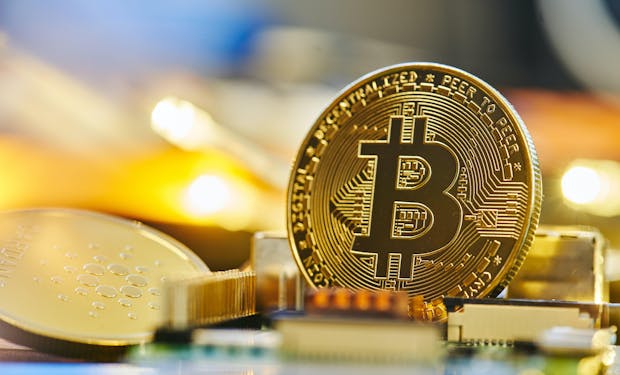will the real Bitcoin please stand up?

will the real Bitcoin please stand up?
you must have heard of Bitcoin, but what about Bitcoin Cash or Bitcoin Gold, or Bitcoin Diamond? and what about Ethereum? it’s become the second most popular cryptocurrency after Bitcoin, but then there is also Ethereum Classic, Ethereum Fog, and Ether Gold, too.
with so many namesakes, it can be difficult to know which one is the real bitcoin or ethereum, or rather the one that matters the most.
the crypto market has gotten crowded over the years. first, there was just bitcoin in 2009, and then came the altcoins, or alternate cryptocurrencies, claiming to be better than the very first one. at present, there are over 15,000 of these altcoins in the market.
cryptocurrencies such as Litecoin, Ethereum, Monero positioned themselves as a better version of bitcoin. then in 2017, bitcoin itself split into two, and Bitcoin Cash branched out from the bitcoin blockchain. such a split in a cryptocurrency network, which results in two different tokens, is called a hard fork.
understanding hard fork
hard forks happen when one set of developers in the community doesn’t agree with the direction in which a cryptocurrency is evolving and decides to ‘split’ and follow a different path.
all the namesakes mentioned above are a result of hard forks on their respective networks. as per Forkdrop, there have been 105 hard forks on the bitcoin network since it came into existence.
the splits that happen create an inordinate amount of confusion and uncertainty about which one of the split tokens will become the primary. it is essential to identify this because the primary token is the one that receives the most support from developers and miners. it tends to be more secure and has a better chance to appreciate in value over time.
the token which isn’t able to attract miners becomes more vulnerable to network exploit. just look at what has happened with Bitcoin Gold or Ethereum Classic. both have been compromised in the past.
hence, next time you look to invest in a cryptocurrency, just make sure that you don’t fall for ones that share the name of popular tokens like bitcoin and ethereum but not their network security.



